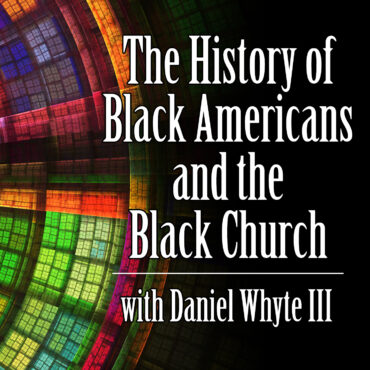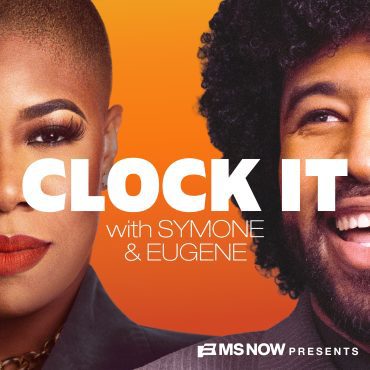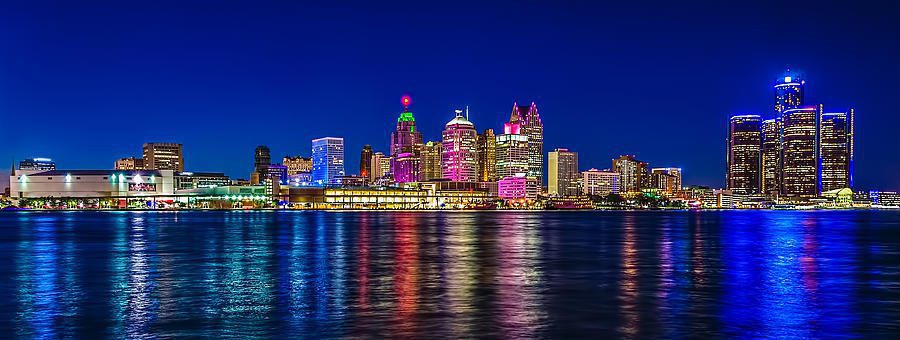
Slavery & the New World, Pt. 1; the Negro Church, Pt. 1; Jim Crow
Our Scripture verse for today is Hebrews 12:28 which reads: “Wherefore we receiving a kingdom which cannot be moved, let us have grace, whereby we may serve God acceptably with […]
CBS Evening News, 02/09/26 podcast
 play_arrow
play_arrow
 play_arrow
play_arrow
CBS Evening News, 02/06/26 podcast
 play_arrow
play_arrow
 play_arrow
play_arrow
Should You Trust Andrew Huberman? What CBS’s Epstein Disaster Reveals About Wellness Gurus podcast
 play_arrow
play_arrow
Community Connection – February 6, 2026 – Tina Cosby -The Bible Black History? podcast
 play_arrow
play_arrow
unCULTured Behavior: RHOBH Recap with Alexis Bellino podcast
 play_arrow
play_arrow
Ancient Civilizations Reset Cycles – Atlantis, Lost Knowledge & Human Amnesia Explained podcast

Our Scripture verse for today is John 6:35 which reads: “And Jesus said unto them, I am the bread of life: he that cometh to me shall never hunger; and he that believeth on me shall never thirst.”
Our History of Black Americans and the Black Church quote for today is from Lee June, a professor at Michigan State University and the author of the book, “Yet With A Steady Beat: The Black Church through a Psychological and Biblical Lens.” He said, “At offering time, the technique of announcing amounts is used [in the black church]. Sometimes the appeal is for people to match the pastor in giving a certain amount that is stated from the pulpit. Thus, the ‘real’ Christian is the one who can match the pastor. Another technique is to ask for a certain amount based on one’s ‘status’ in the church. For example, pastors may be asked to give one amount, ‘ministers’ another, deacons another, and so on. All of these, while they may be effective in securing the desired offering, violate basic scriptural principles and more than often induce guilt.”
In this podcast, we are using as our texts: From Slavery to Freedom, by John Hope Franklin, The Negro Church in America by E. Franklin Frazier, and The Black Church In The U.S. by William A. Banks.
Our first topic for today is titled “The Slave Trade and the New World (Part 2)” from the book, “From Slavery to Freedom” by John Hope Franklin.
It was the forces let loose by the Renaissance and the Commercial Revolution that created the modern institution of slavery and the slave trade. The Renaissance provided a new kind of freedom—the freedom to pursue those ends that would be most beneficial to the soul and the body. It developed into such a passionate search that it resulted in the destruction of long established practices and beliefs and even in the destruction of the rights of others to pursue the same ends for their own benefit.
…
Our second topic for today is “The Negro Church: A Nation Within a Nation, Part 2” from The Negro Church in America by E. Franklin Frazier. He writes:
— The “Invisible Institution” Merges with the Institutional Church (Continued)
The most obvious result of the merging of the “invisible institution” of the church which had grown up among the slaves with the institutional church of the Negroes who were free before the Civil War was the rapid growth in the size of the Negro church organization. But there was a much more important result of this merger which is of primary concern to our study.
…
Our third and final topic for today is from “The Black Church in the U.S.: Its Origin, Growth, Contributions, and Outlook” by Dr. William A. Banks.
Today we are looking at part 2 of Chapter 4: “Reconstruction and Retaliation — 1866 to 1914”
THE RECONSTRUCTION PERIOD — 1866 to 1877
Freed by the Emancipation Proclamation, Negroes found themselves far from enjoying equality. True, in those restless days immediately following the Civil War, commonly called “Reconstruction,” many blacks held positions of prominence and power. In fact, in the early 1870s, seven Negroes were in Congress at the same time. A total of twenty were elected to the House of Representatives during this era; two were preachers.
…

Our Scripture verse for today is Hebrews 12:28 which reads: “Wherefore we receiving a kingdom which cannot be moved, let us have grace, whereby we may serve God acceptably with […]







Copyright Blackpodcasting 2025